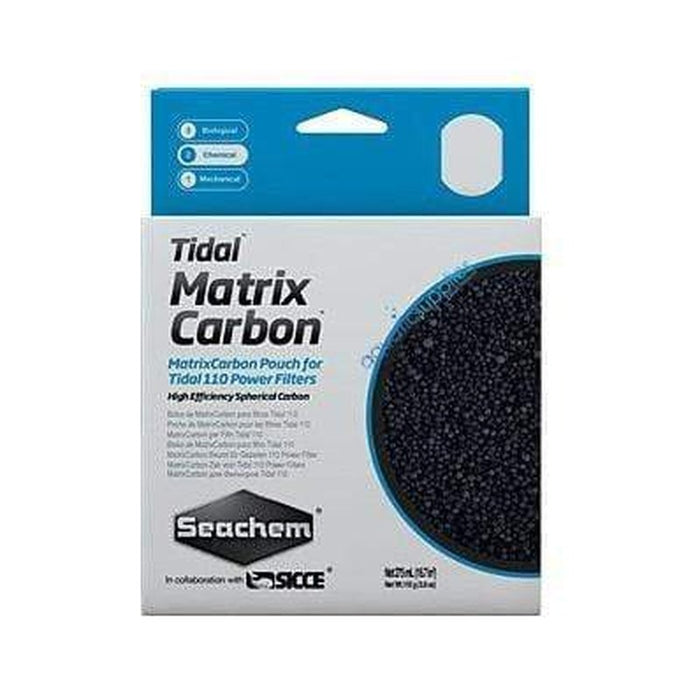

by Seachem
CODE SC6584
Original price
$16.95
-
Original price
$34.95
Original price
$16.95
$16.95
-
$34.95
Current price
$16.95
Availability:
4 in stock.
Availability:
3 in stock.
Availability:
4 in stock.
Availability:
2 in stock.
